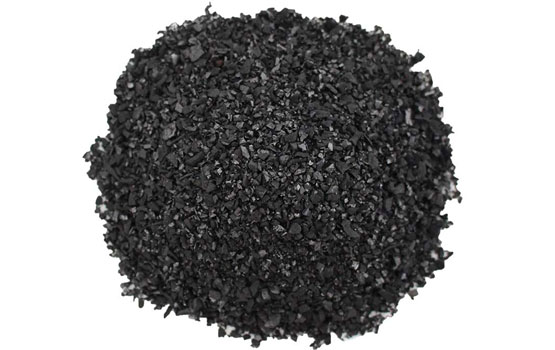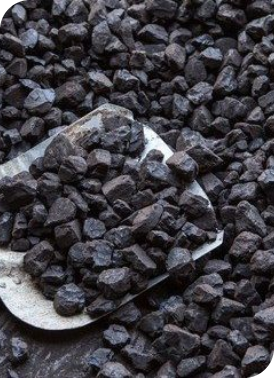ACTIVATED CHARCOAL
Activated Charcoal is made from any carbonaceous material such as coal, coconut shell, wood, or other substances. When high temperatures combine with a gas or activating agent is applied on charcoal, it helps to expand its surface area and “activated charcoal” is formed. The activated charcoal is also used, Kalpaka Chemicals is one of the leading manufacturer and exporter of activated charcoal in the world. We are proud of our high quality, great-value products and services.

Since 1996, Kalpaka Chemicals has ventured into the production of high grade activated charcoal from coconut shell, coal, and wood, offering a wide range of synthetic substances to customers in many industries.
- In FMCG and manufacturing industries.
- Health Benefits – Natural treatment used to trap toxins and chemicals in the body
- In processing of vegetable oil, sugar, and chemical matter purification
- In gas mask for protection against poisonous gases etc
- Recovery of solvents, cosmetics and other vapours & gold
- Used in drinking water, sewage water treatment and Effluent Treatment
ADVANTAGE
The activation process produces an organization of moment openings of various measurements on the charcoal surface which become the way for water to get to the all-inclusive inner surface made by activation. Carbon has a characteristic liking for natural poisons which tie to its surface. When initiated, the carbon shapes little pores and pockets that expansion its surface territory. On the initiated carbon iotas, at the pore divider surface, an unevenness of powers at that point exists. To destroy this unevenness, particles are actually adsorbed, i.e., attracted and held genuinely to the pore divider (Van der Waals powers).
At the end of the day, exacerbates like pesticides, chloroform, and toxins slide into the openings of this honeycomb – like substance & hold quick through a cycle called adsorption. The porosity of initiated carbons offers a tremendous surface on which this adsorption can happen. Adsorption happens in pores somewhat bigger than the atoms that are being adsorbed, which is the reason it is imperative to coordinate the particle you are attempting to adsorb with the pore size of the activated charcoal.
ACTIVATED CHARCOAL PRODUCTS
Our products are sourced from natural products such as coconut shell, coal, wood and so forth.
Coconut Shell Activated Carbon
Coconut shell activated carbon, made from coconut husk, is a vapor-activated material

Coal Activated Carbon
Coal based activated carbon originates from coal that has undergone a steam activation process

Water Washed Activated Carbon
Water washing is primarily performed to remove ash content from the granular activated carbon


